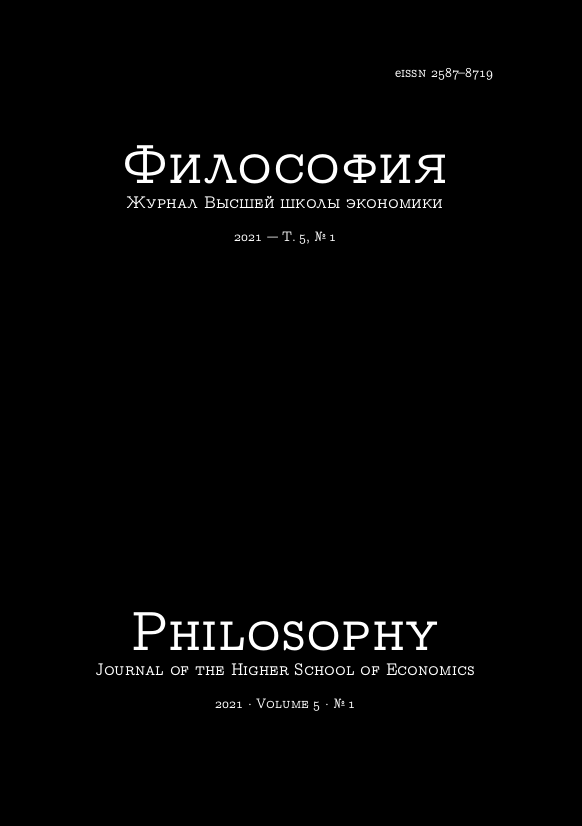Piety: the Lost Virtue of Aristotle?
Abstract
This paper examines the problem of piety in the philosophy of Aristotle. It is known that the piety (εὐσέβεια, ὁσιότης) was one of the most important virtues both in the ethos of ancient culture in general, and in philosophical discourse in particular. Moreover, the philosophical understanding of this virtue (starting with Pythagoras, Xenophanes, Heraclitus) often came into conflict with the traditional dogmatic understanding: both sides challenged the right to the only true knowledge of God. In this confrontation, Aristotle occupies a special place. If practically every philosopher of Antiquity (from Thales to Proclus) did not ignore this problem, Aristotle does not even have a very brief mention of piety. Researchers have noted that in Aristotle the piety is not on the list of ethical or dianoetic virtues. However, the idea of piety tends to correlate with the doctrine of god. We know that the Aristotle had elaborated doctrine of god. Therefore, of particular interest is the question of why Aristotle does not discuss the “practical consequences” of correct knowledge about god, i.e. piety. In this article, based on ethical treatises, there is an overview of main versions of why this virtue disappears from Aristotle's field of vision. It is suggested that this virtue is not excluded by Aristotle but is deliberately hushed up. The author of the article considers in what ethical and dianoetic virtues one can find traces of the “lost virtue of piety.
Downloads
Copyright (c) 2021 Philosophy. Journal of the Higher School of Economics

This work is licensed under a Creative Commons Attribution-NonCommercial 4.0 International License.






